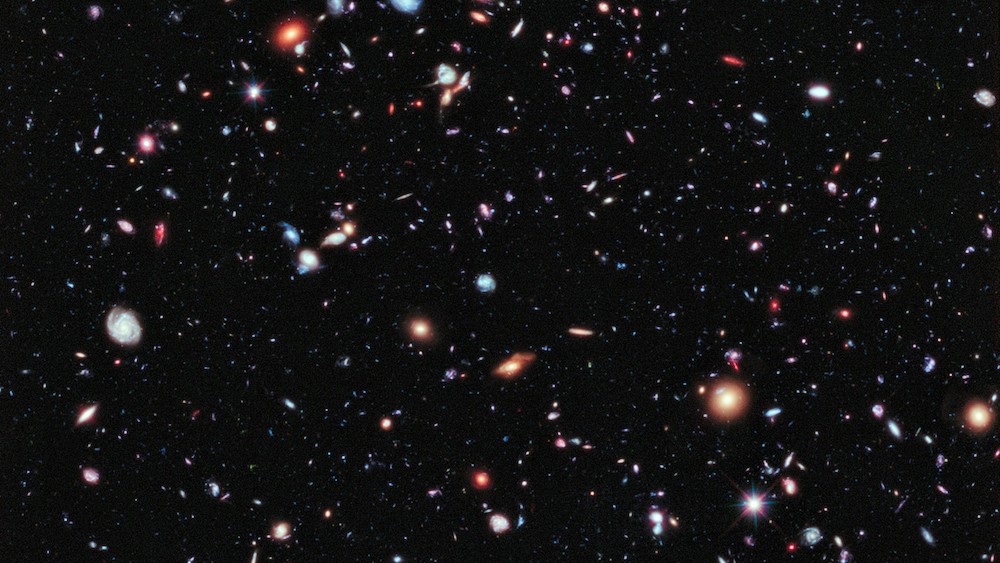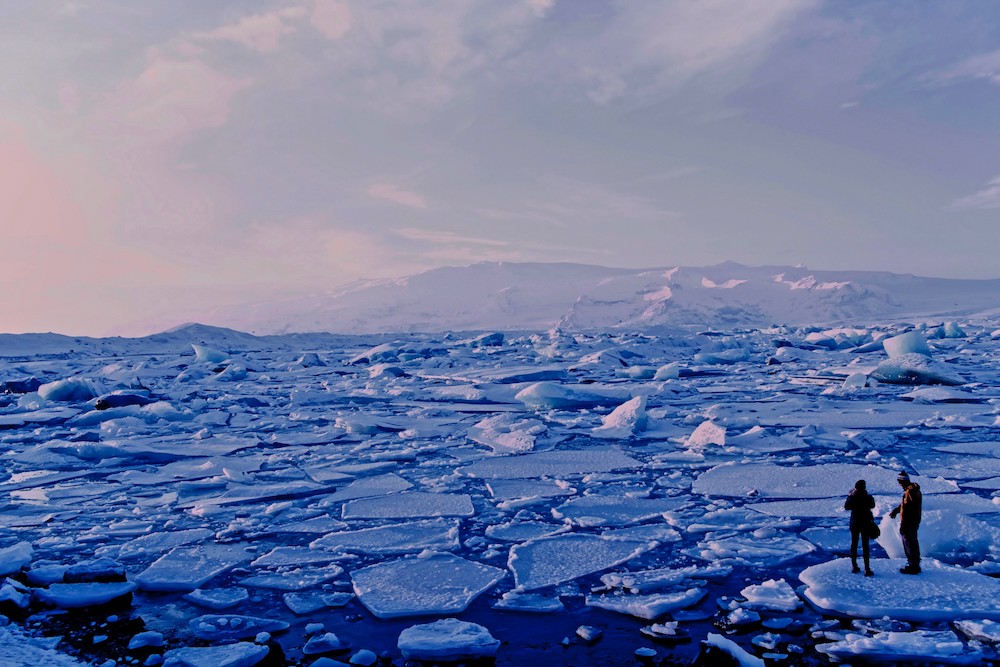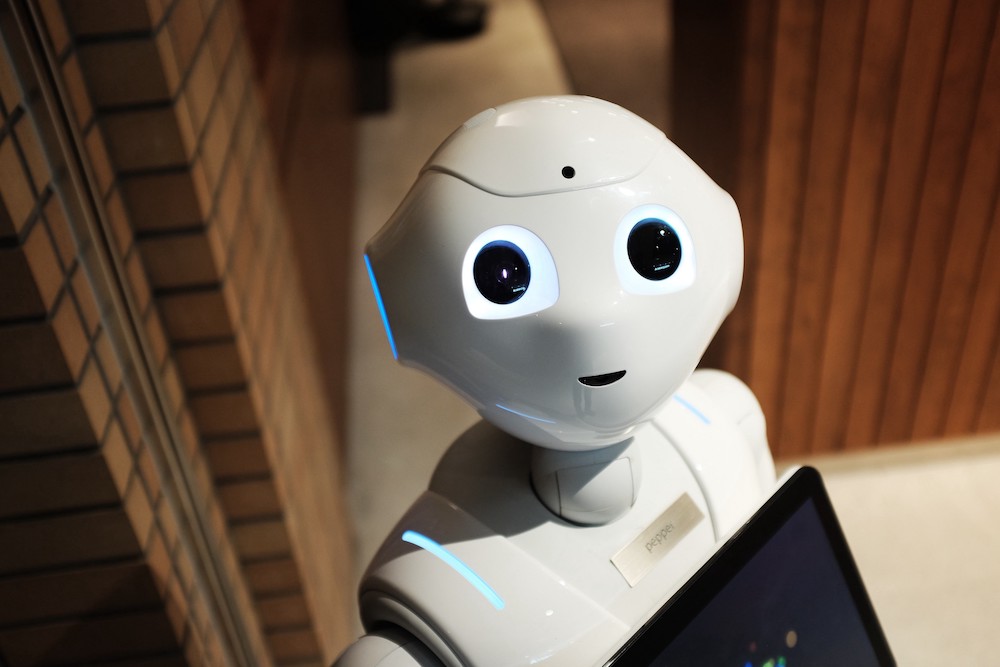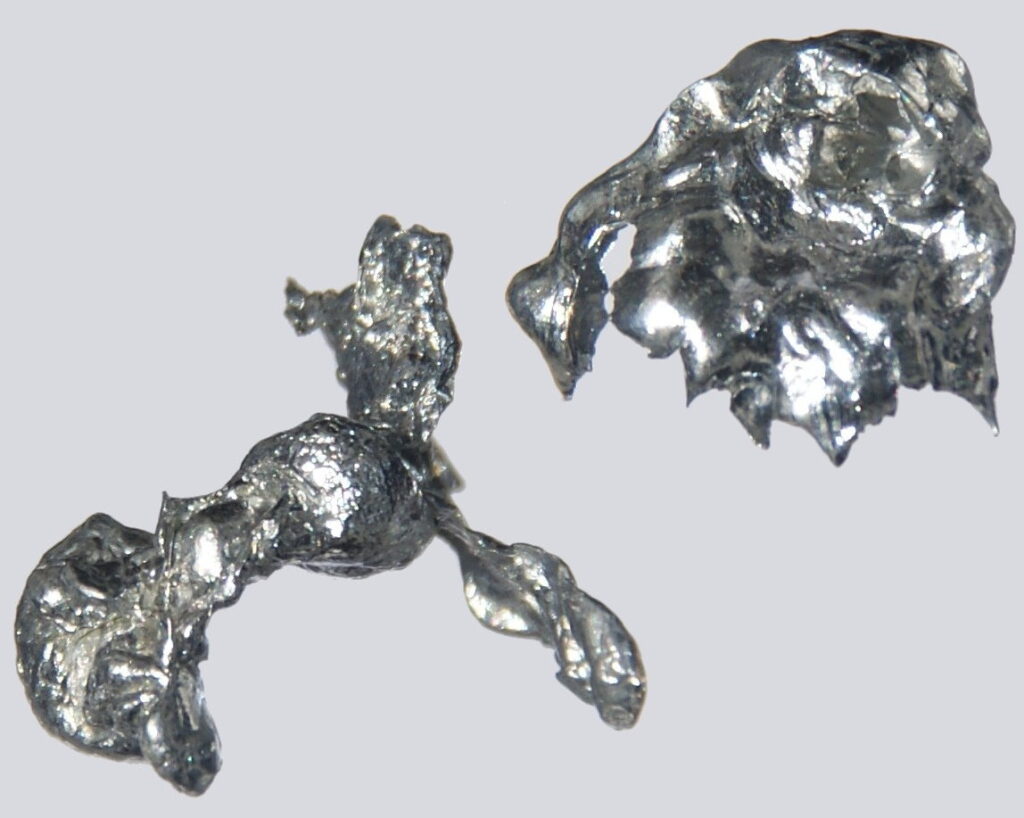“Science is much more than a body of knowledge. It is a way of thinking.”
— Carl Sagan
With such inspiring words, the late Carl Sagan highlighted an important aspect of science that many of us have probably misunderstood quite completely. Many of us have been taught science simply as a ‘school subject’, and in most cases, a complicated, dull, and unenjoyable one.
Sadly, this has created a misguided perspective towards science, and if it weren’t for people like Carl Sagan, we probably would have considered this perspective a true fact. But, fortunately enough, such people have been around, and they have shown us the marvel and importance of science in our lives.
Here are 3 reasons why you, I, and everyone around us should know more about science.
The Awe-Inspiring Universe

Our universe is gigantic beyond imagination. It contains billions and billions of galaxies, inside which are a billion trillion stars.
Read that one more time and try to take in the magnitude of such numbers.
If that doesn’t give you the chills already, try this! Just hold your thumb up to the sky at arm’s length. As you do that, know that your thumb is blocking over 10 million galaxies from your eye.
10 MILLION OF ’EM BEHIND YOUR THUMB!
If you, one day, decide to count to 10 million, you need around 3 months nonstop to finish, unless you mix up somewhere in between, then you’ll have to start all over again. Either way, I wouldn’t recommend doing it.
But not only that, in between and within these galaxies, you got mind-blowing black holes, mysterious dark matter, and probably the most beautiful events in the whole universe, supernovas.
And then, somewhere around the edges of the Milky Way galaxy lies a small star that we’ve called the Sun, around which our tiny, precious little Earth orbits, on which you are sitting with your thumb up imagining all this.
And if this vast universe doesn’t impress you enough, change your eye focus. Instead of envisioning what is behind your thumb, simply look at your thumb.
Yes, AT your thumb.
And with our imaginative tiny little nano-spaceship (Yes, I just created one), dive into your thumb and you’ll see a totally new “universe” there. I’m not even talking about your skin or veins or even cells.
Go even to a smaller scale. It’s a nano-spaceship, you know.
What you would see there is jaw-dropping! You’d probably want to start appreciating your thumb more often; atoms lining up in a very satisfying orderly fashion, DNA strands doing their crazy work, and a bunch of things acting really bizarrely.
Fun fact: If you look at your nail while you’re in there, you’ll see it growing about 1 nanometer every second — in measurements, 1 millimeter is 1 million nanometers. If you’re a math geek, you can calculate the time you need to get your nails done.
Anyway, you probably heard of the science that studies things at those tiny scales; it is called Quantum Physics, and it’s as astounding as are the things it studies! With all that in mind, remember we’re just talking about your thumb, your awe-inspiring thumb. Just try to imagine how many magnificent thumbs and thumb-like objects there are, and you’ll see how awe-inspiring our universe is!
2. Our Individual and Collective Survivals Depend on Our Knowledge of Science.

Science is at the foundation of our world. Our civilisations all around the globe are all in some way relying on science as a basis for their development, even if some believe otherwise. And in order to ensure our survival and the continuation of humans — or even life in general — we need to have an understanding of what drives that survival.
So far, the best way that we have come up with to understand that is Science. We have tried other ways to find the truths about our physical world, but science turned out to be our best method. And we can see that in our daily lives. Science helps us understand and avoid problems that threaten our survival, as individuals or populations, such as climate change, diseases, earthquakes, gravity, inertia, and the list goes on.
Science is a self-correcting, evidence-based method of understanding. In other words, it is a way of thinking that forms an understanding based on physical evidence in nature, and then completely revises and reforms itself into a new understanding if only one piece of evidence disproves the previous one. In this way, our knowledge of the physical world is continuously developing, and thus, securing our survival as it goes.
3. In Order to Understand the Technologies of the Future, We Need to Understand Science.

Like our current civilisations, our future is going to be highly dependent on science, and that is because of technology. We have created technology as a tool for our scientific endeavours, and the two have become interdependent.
All the new technologies emerging around the world, like nanotechnology, renewable energy technologies, robotics, Blockchain, A.I, genetic engineering, augmented reality, quantum computing, you name it; if you want to understand the risks and benefits of these technologies, for you or your kids or even their kids, science is your light, my friend.
You don’t need to be an expert (unless you want to), but a better understanding of things never hurt anyone. It’s actually quite good for everyone. Here are some interesting things to think about and you’ll see what I’m talking about:
- Go back in time and try getting someone from the 90s to access a website. Our kids do it today without missing a beat. You’re reading this right now on a website, and it’s like common practice.
- If you are old enough to remember floppy disks, then you’d understand the struggles of low storage and maybe even the beauty of squares. But storage, nowadays, is pretty much on clouds.
- If you want to buy a car in 5–10 years, I would recommend reading about how electric motors work, because that’s what you’re going to be driving, or probably not even driving (Autopilot fan over here).
- Remember polio? Some of us might not even know it, because it’s not around anymore. It’s a disease that has been almost fully eradicated from the world. With bio-nanotechnology and genetic engineering taking over, think cancer.
If these examples do not prove to you, at least slightly, the necessity of science understanding in our future, please know that your cable TV, landline phone, newspapers, DVDs, current lightbulbs, wired internet, computer mouse, gasoline car, and home alarm system, all will become obsolete some time in the near future. You can either go as you are into the future, or guarantee yourself with a scientific understanding.
And as the Genie told Aladdin, choose wisely!
This article was originally published on LinkedIn and Medium.com.





